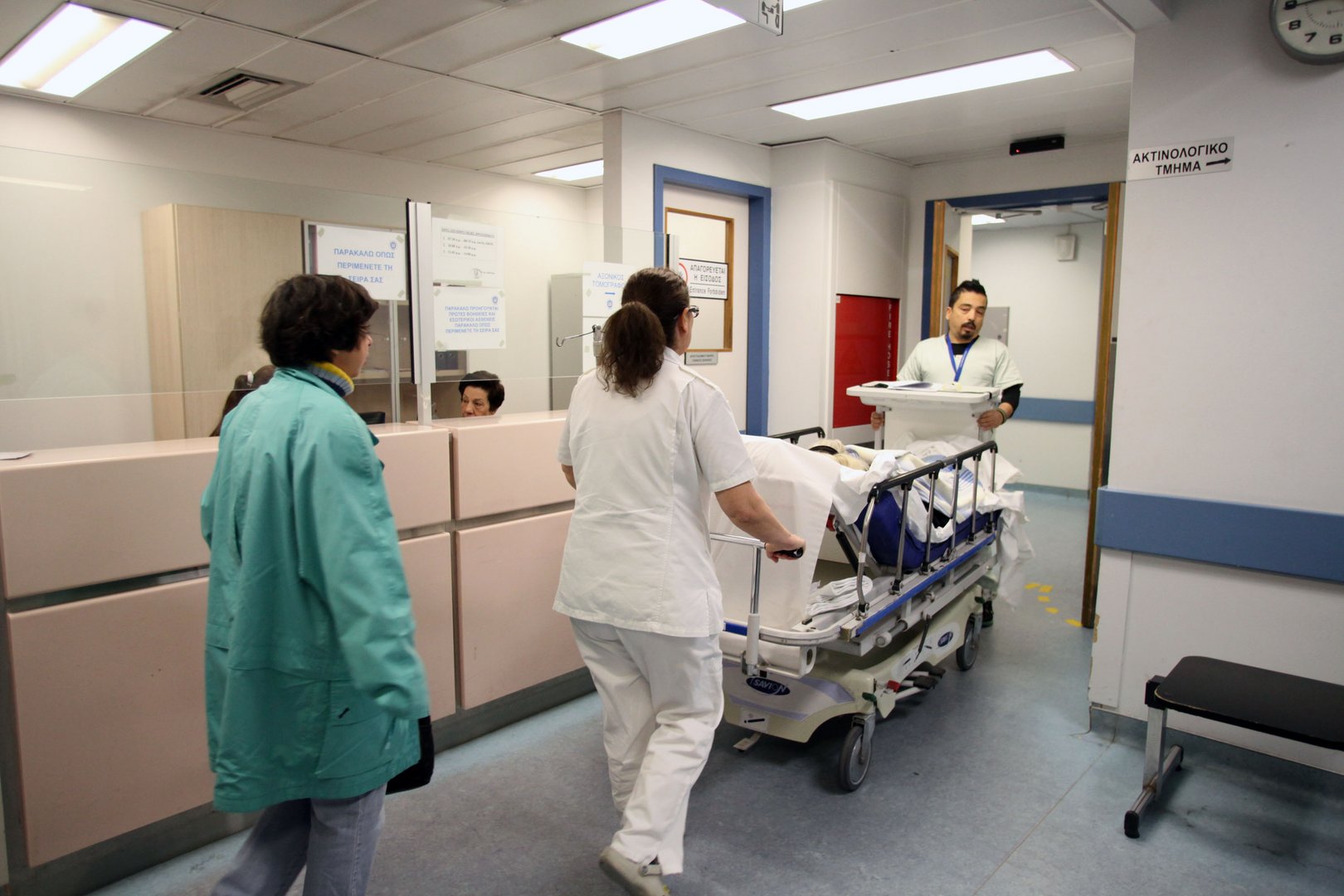The disputes that have plagued Gesy since its establishment four years ago are endless. All Gesy stakeholders have been involved, at some stage, in a dispute or public row. The Health Insurance Organisation (HIO), as paymaster and administrator of Gesy, is usually at the centre of these disputes, even though there has been no shortage of rows between Okypy, which runs the state hospitals, and the government doctors’ union Pasyki that is always on the offensive.
The latest stand-off is between the association of private hospitals Pasin and the HIO, with the former accusing the latter of showing preferential treatment towards Okypy. Pasin claims that the payment arrangements placed private hospitals in “disadvantageous position” because it was wrong for public hospitals to receive big amounts of money as assistance from the state. In meetings they had, HIO said it could not do anything about the matter as this was state policy and Pasin would need to take it up with the government.
In principle, Pasin has a point. Hundreds of millions are being poured into public hospitals by the state, a practice that by law should end in June 2024 but is unlikely to, because these hospitals are structured on public service lines with many union-imposed restrictive practices, which make them monuments to inefficiency and waste. They are subject to the same working hours as the civil service, meaning they have a big overtime bill, give automatic annual pay rises, have a very high nurse-to-bed ratio, plus high bureaucratic costs. Doctors and nurses were all allowed to keep their civil servant status when they moved to Okypy.
Organised in this public sector way, public hospitals will not become self-sufficient by next year as the law stipulates, or the year after that. This is probably the reason payments to public hospitals by the HIO are so high and Pasin is complaining. In short, the taxpayer, through their contributions to Gesy, is being expected to fund the inefficiencies of public hospitals that politicians ignored when the system was being set up so as not to alienate public sector unions. And these inefficient hospitals are also pushing up the costs of private hospitals by paying nurses, for example, entry level wages that are 50 per cent higher.
Some extra payments to public hospitals are justified as they all operate A&E departments, they have specialist wards and, most importantly, they take patients with pathological ailments that might occupy a bed for a week. Private hospitals usually turn away such patients because the in-patient rate paid by the HIO is lower than for patients that have had an operation; to maximise their earnings private hospitals take patients who need an operation rather than someone who will need non-intervention healthcare for a week or 10 days. This is an issue and the reason we cannot close down public hospitals.
Pasin has a point though about the over-generous payments being made to Okypy by the HIO. The whole situation is a big mess, because when the politicians were setting up Gesy they did everything to keep the public hospital workers happy. And now the government will have no choice other than giving more of the taxpayer’s money to the private hospitals so they do not feel aggrieved and carry out the threat to go on strike in September.






Click here to change your cookie preferences